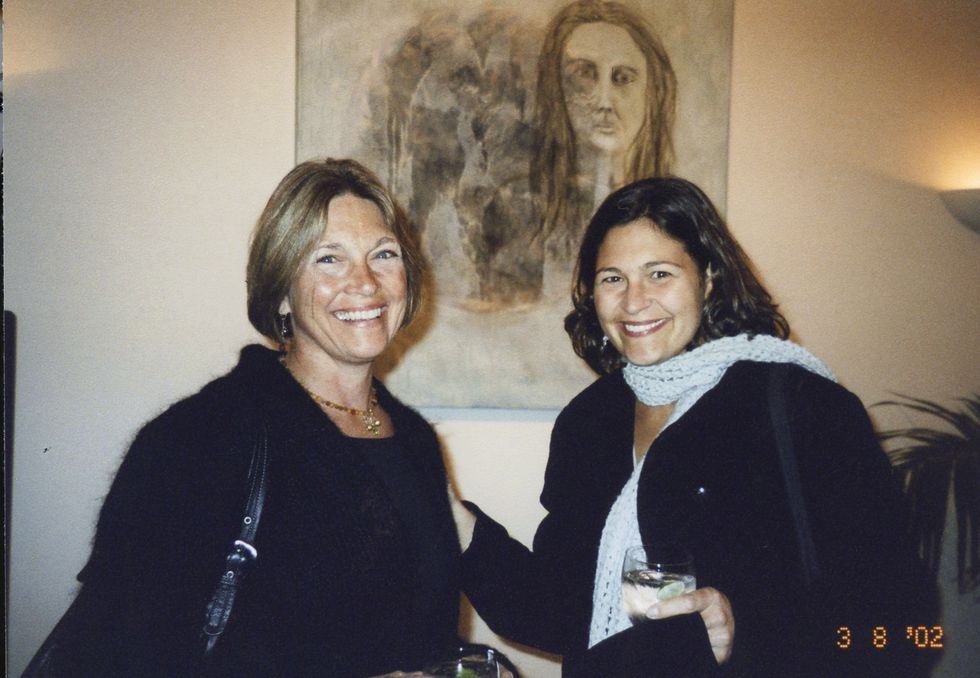Month: October 2021
The New Rules of Old Money
The New Rules of Old Money

Nancy Jo Sales for Harper’s Bazaar wrote a feature article about the new face of philanthropy by connecting with Solidaire’s mother and daughter duos Amelie Ratliff and her daughter Casey Llewellyn and Susan Pritzker and her daughter Regan Pritzker. The article shows how their families giving has changed over the decades and their personal journeys:
“My mother is very much the reason I’m in this work,” says Llewellyn, referring to her own philanthropy. “She gave me access to my [inheritance] when I was 18 and recommended I reach out to Resource Generation”—a nonprofit organization founded in 1997 under the name Comfort Zone (it changed its name in 2000), which encourages people ages 18 to 35 to donate a large portion of their wealth to progressive causes. Since then, Llewellyn, who now lives in New York, says she has given away all but roughly 10 percent of her wealth to a variety of organizations dedicated to social justice and climate collapse. “I don’t think I’m a rich person anymore, and it feels much better. I think it’s very hard to have money in an ethical way.”
“Casey and I are allies in our work,” Ratliff says. “She pushes me. I’ve gone past where my parents were”—in terms of how much she gives away—“and she’s gone beyond where her mother is. Every wealthy person has to ask, How much is enough? How much do I really need, and how much do I want to make available more broadly?”
Solidaire members are candid about their evolution and where they think the philanthropic sector needs to grow:
“The influence Susan had on Regan as a philanthropist now came full circle when Regan introduced her mother to Solidaire. “I immediately felt this sense of ‘This is what I’ve been looking for,’” says Susan.
Solidaire’s emphasis on promoting the agency of “the people who are on the front lines doing the work of organizing” was important to Regan from the beginning. She says that after joining the group, she became more educated on how she could help shift the paradigm of giving.
“It’s been essential for me to be in relationships with people who are willing to speak more honestly to me about my wealth,” she says, “who say things to me like, ‘I’m not trying to give you a hard time, but we’re not going to let you off the hook either, and you need to step up. Don’t just write a check and go away. Get into the work with us, jump in and help us, and don’t let it come from your ego; let it come from your commitment to this vision of a transformed society where all people have enough and we can live in a right relationship with the planet.’”
The article includes Resource Generation, Kataly Foundation, and Solidaire Network:
“Solidaire is a network of donors who are committed to racial justice, to averting the climate crisis, and to making sure that we’re building a future that’s democratic, multiracial, feminist, and pluralistic,” says Rajasvini Bhansali, 46, the group’s executive director since 2018. “By becoming a Solidaire member, people consent to being in a collective project that liberates wealth and funds social movements, grassroots organizing, and what it will take to build a progressive force in the United States that’s lasting and not dependent on electoral cycles.”
Read the full article—The New Rules of Old Money —by clicking here.
